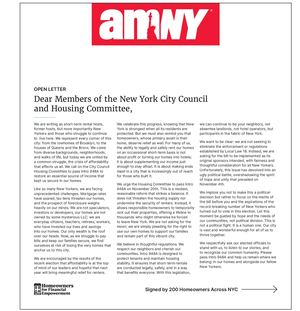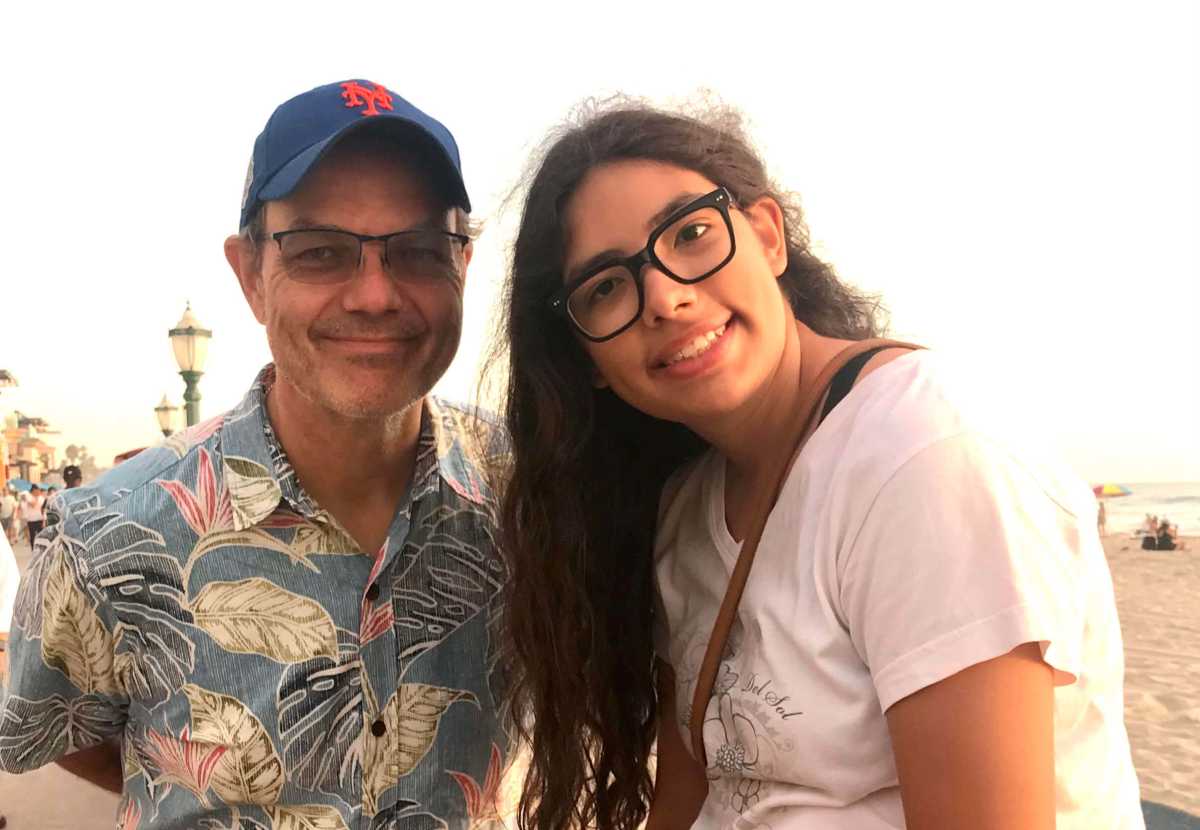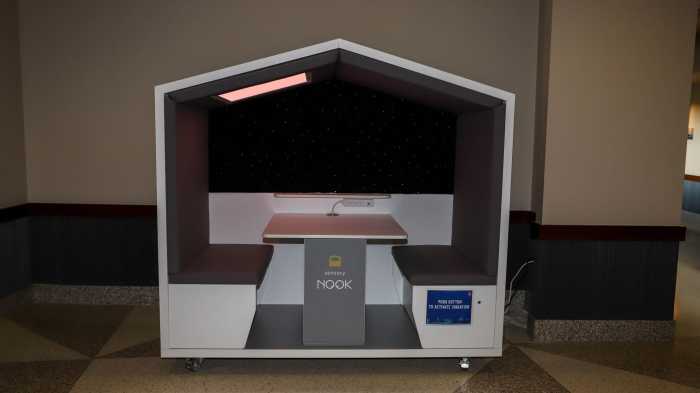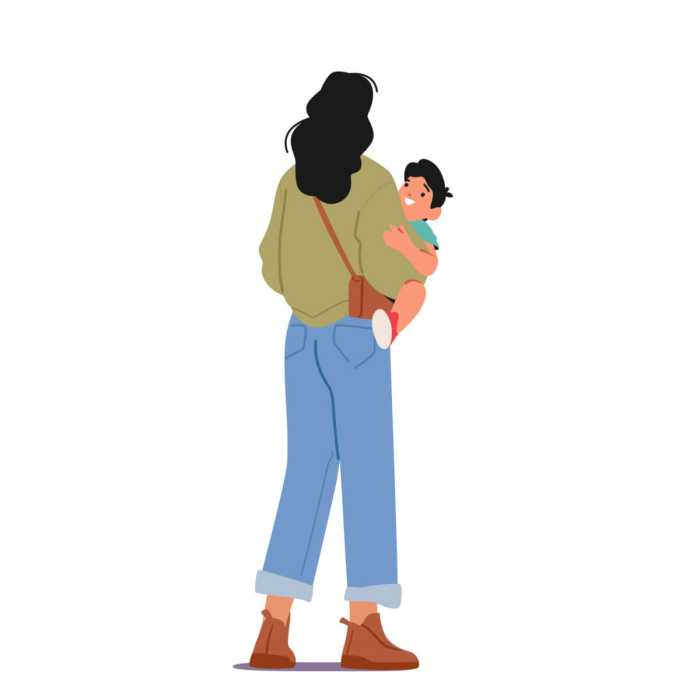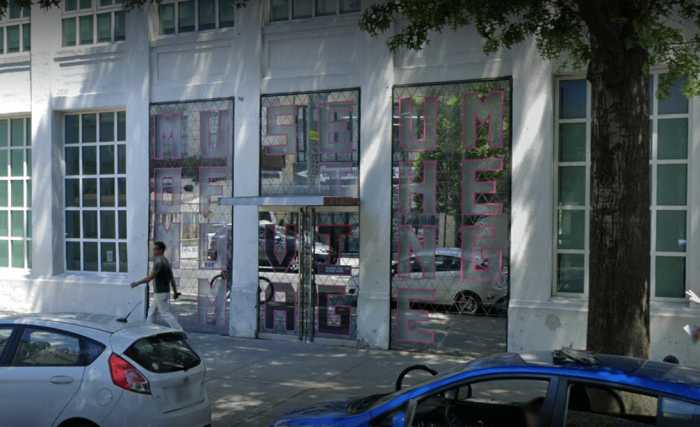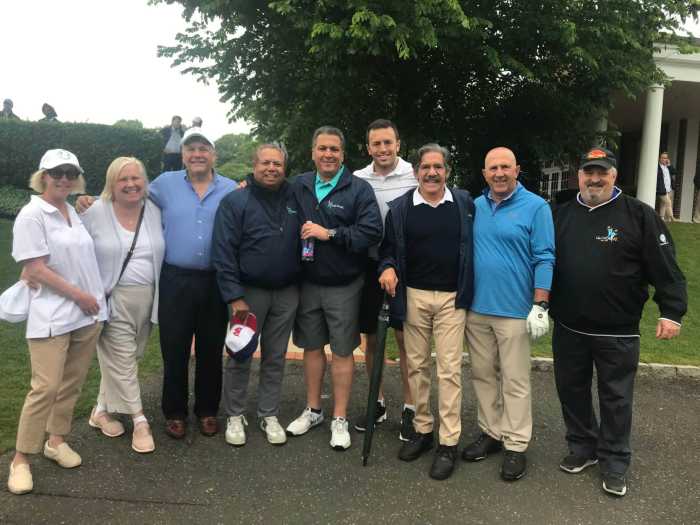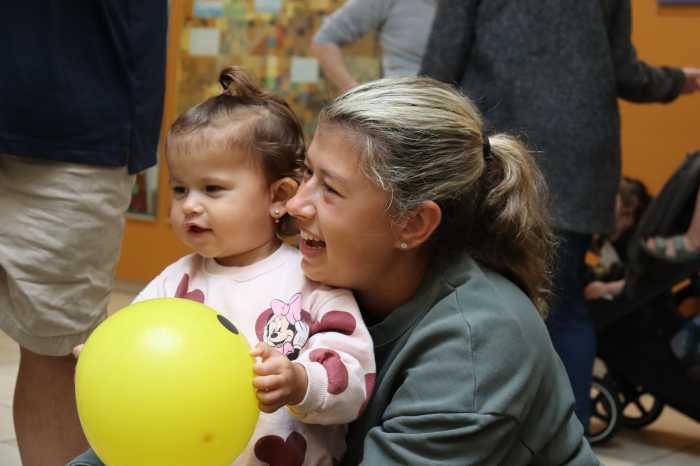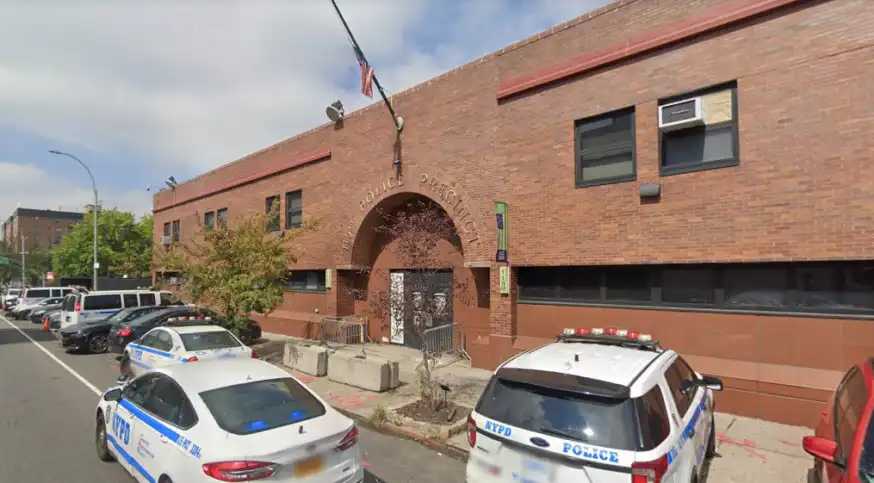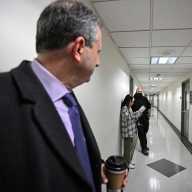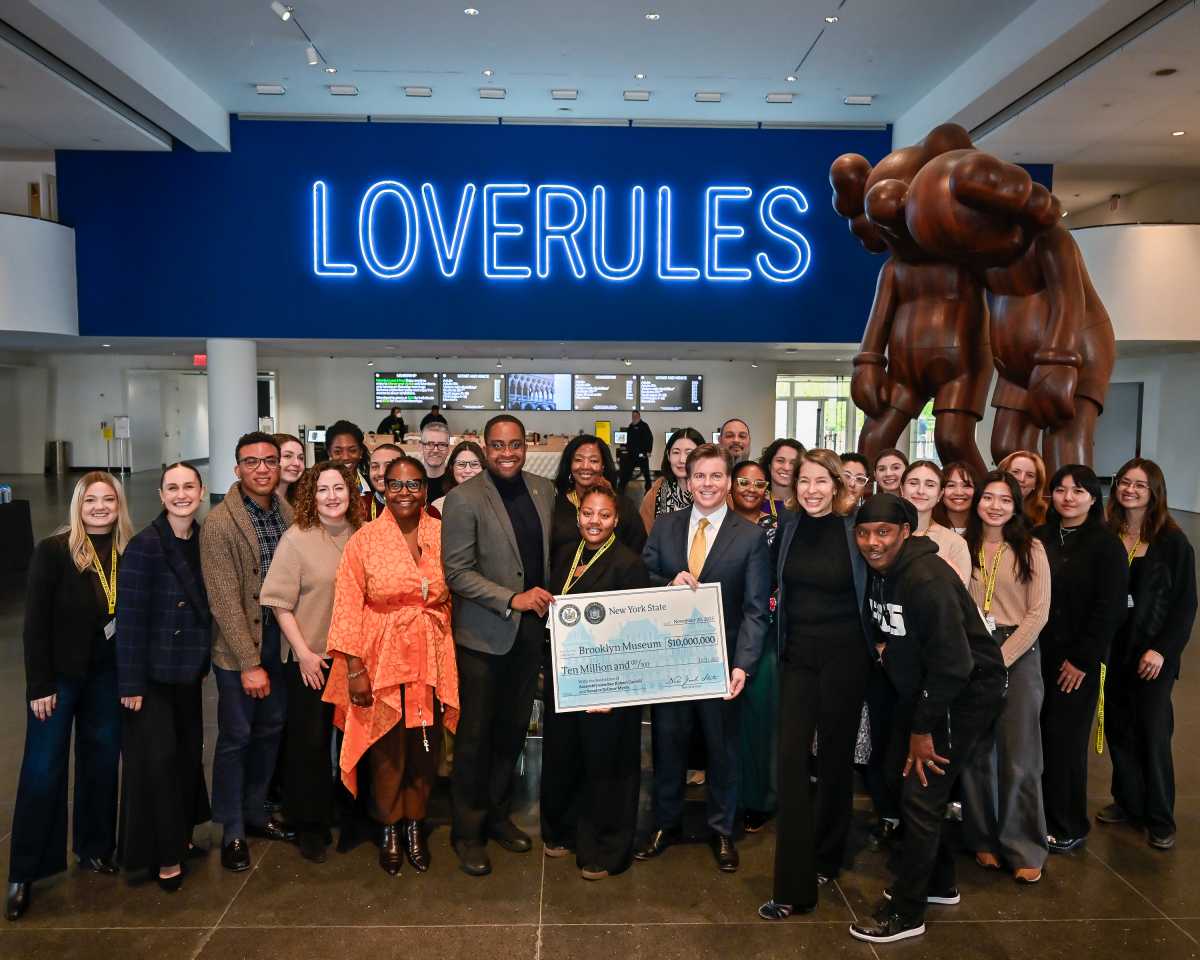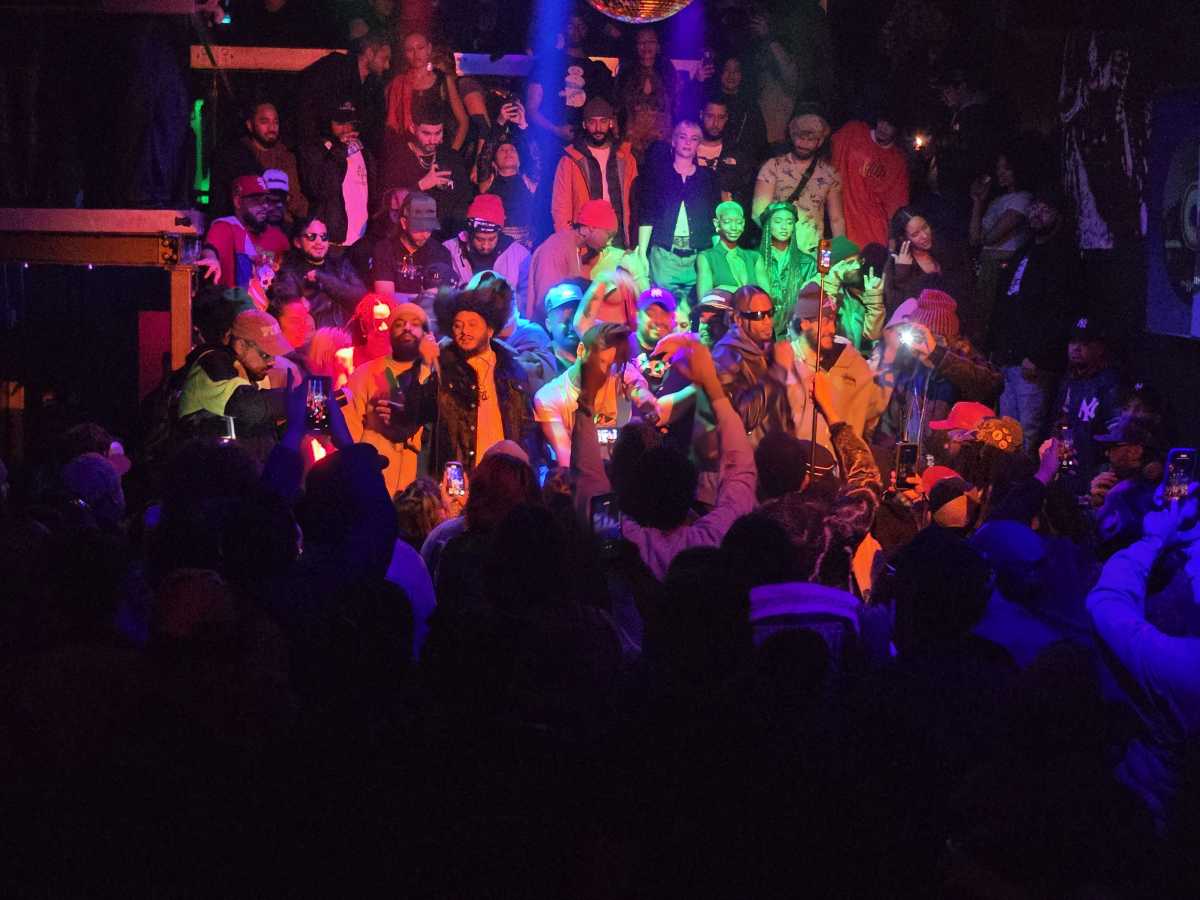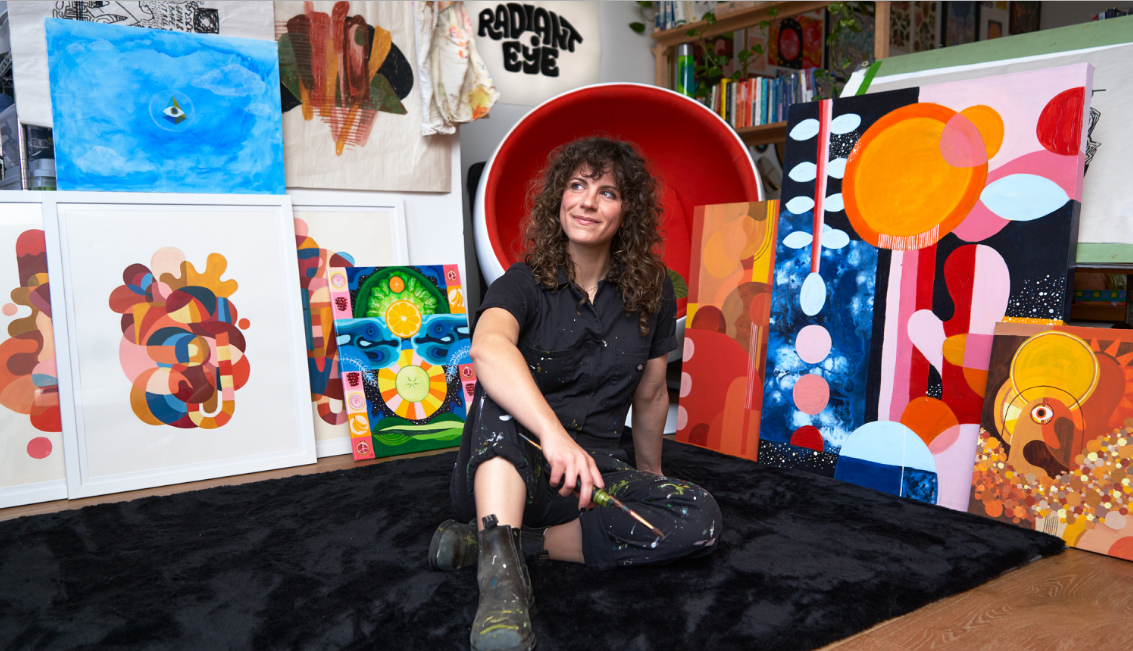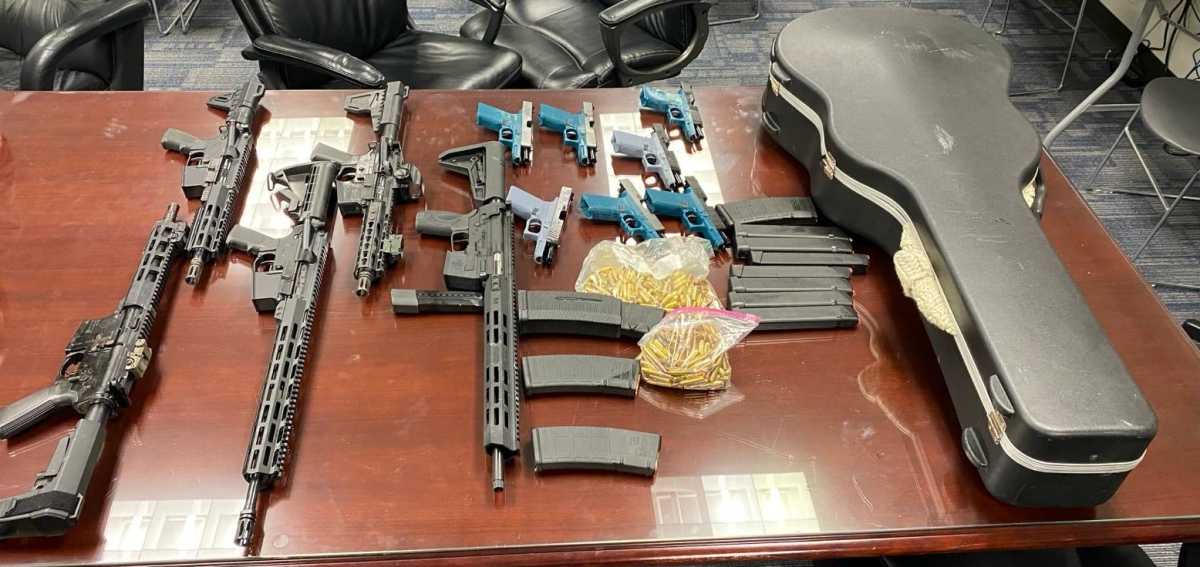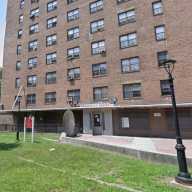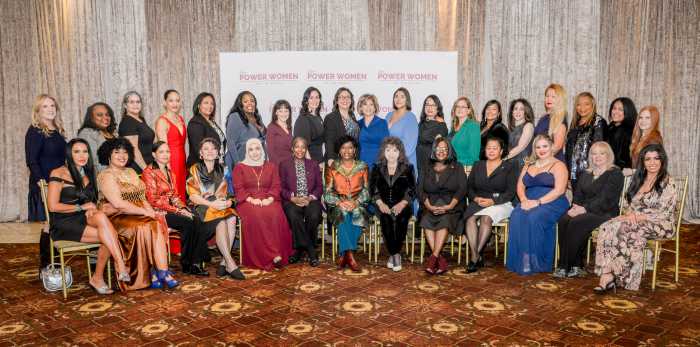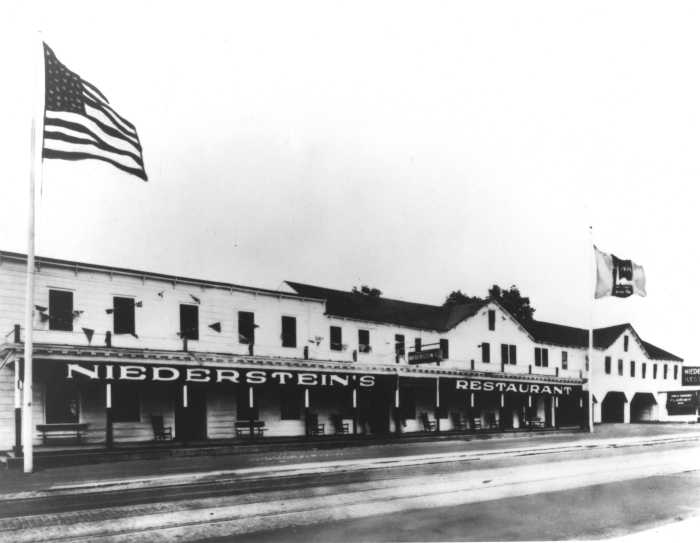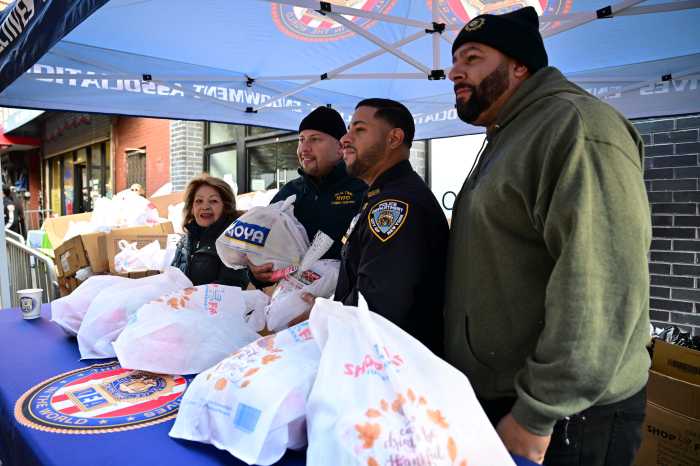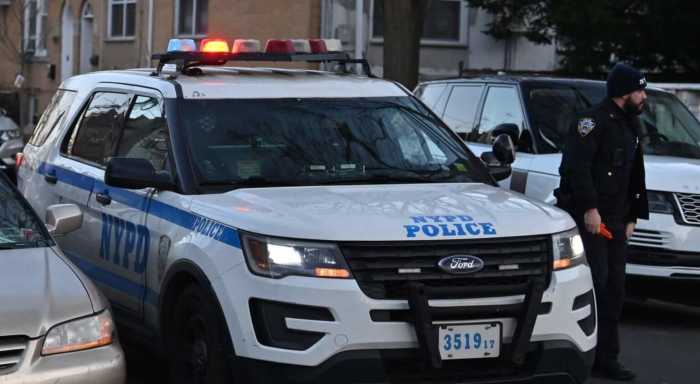On the popular Netflix series, “Love on the Spectrum,” young autistic adults join the dating scene and seek normal relationships with other autistic people – despite their social challenges.
“Autism is not fully understood by the public and should not be considered a disability,” says Richard Schreiber, the founder of the NYC Autism Community and father of a 16-year-old daughter Katarina, who has Asperger’s Syndrome. Schreiber is seeking to bring innovation, technology and alternative solutions to the public for parents and those with loved ones with autism.
On Saturday, Oct. 22, Schreiber is leading the New York City Autism Tech, Innovation & Careers Expo – “Empowering Families with Innovation and Inspiration.” The Expo will be held at the High School of Art and Design, 245 E 56th Street in Manhattan. Admission is free and open to the public.
The expo will feature speakers with expertise in the field of autism and vendors who will offer a variety of solutions for autistic issues that along with standard Applied Behavior Analysis – veers to innovation, technology and holistic approaches. The focus will be to help New Yorkers but also encourages autistic behavior career paths too.
But what the expo will also teach is that being on the autistic spectrum is, most of the time, not extreme behaviors such as self-harm or aggressive physical behaviors, but instead ‘one of life’s hurdles.’
“Life itself is a spectrum of different waves and colors similar to those on the spectrum – it is not a disability or a disease,” said Schreiber whose daughter has overcome many of her hurdles and is mainstreamed. “We all have a neurological blueprint and it’s all a matter of degree. It could be a neurological issue and the brain is a little off balance – but we can teach ways to correct that.”
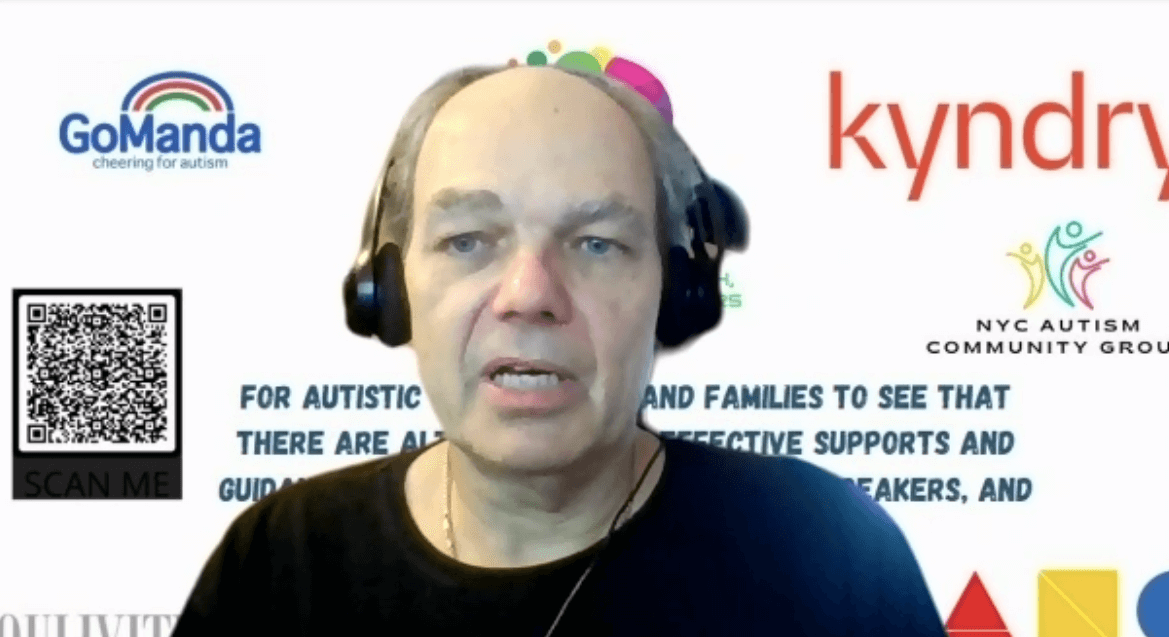
Schreiber describes his daughter as “highly functional” despite her issues. Autism spectrum disorder, formerly diagnosed as Asperger’s syndrome, is a neurodevelopmental disorder, characterized by difficulties in social interaction and nonverbal communication, along with restricted and repetitive patterns of behavior and interest and manifests itself in a variety of ways.
“With the right kind of clinicians and solutions – I have a friend’s son who no longer hides under the table, but sits and eats, does his school work and it’s transformational and exciting to see how far the progress can go,” Schreiber said. He wants to share this information through the expo he says.
When his daughter was first diagnosed, he didn’t know a lot about autism and was steered into pharmaceuticals including Adderall and Ritalin that help the autistic individual to focus. Unfortunately, that comes with side effects including weight loss and ‘masks the condition.’
“It didn’t work for us, so we took her off Adderall and we tried ABA but what we found is that it may work for some, but that it didn’t work for us,” he said. “So my wife (Margarita, a paralegal) investigated and found a holistic approach – she became an expert in essential oils and taking this for four or five years has been transformative. It tamps down the neuro-diversity and hyperactivity and she gained back weight – she was skinny as a rail. She has focus and attention and she is learning how to self-regulate – the Harvard Business Review said this was now a valid process.”
The expo will feature some of these holistic approaches and innovative technologies including new mobile apps, virtual reality and experts who will speak about alternatives that can be tailored to individual autistic characteristics.
“Virtual reality can teach them to work through situations – to do things without supervision. We take for granted that we can cross the street and with virtual reality, we can teach them for focus and be aware of oncoming cars if they become come distracted.”
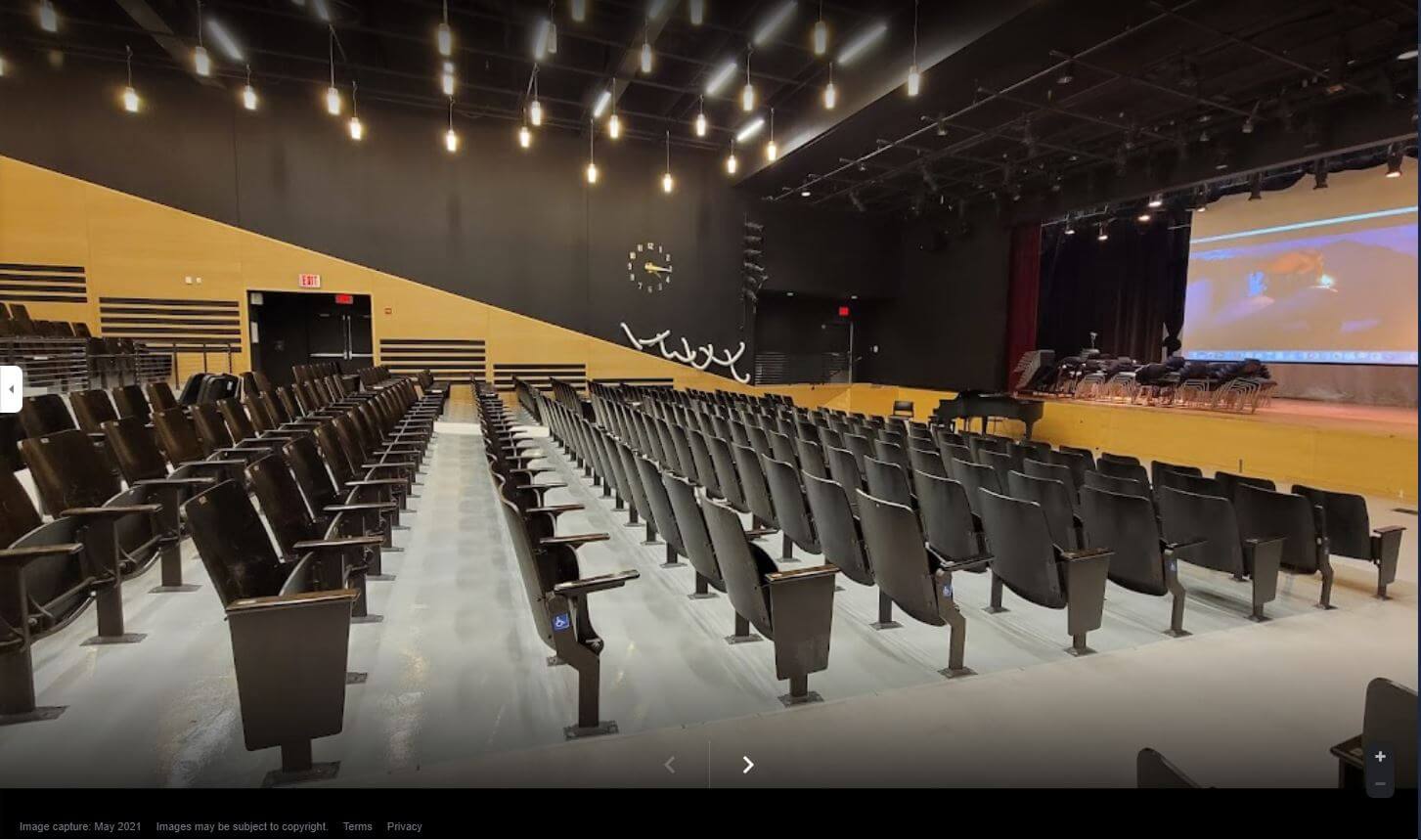
The same technology is now being utilized in police departments to teach officers now to interact and not misinterpret the actions of autistic members of the public.
“With proper training, they can recognize that autistic people are not a threat, but just behave differently and so they don’t need to be aggressive or physical with them,” he said.
Schreiber recognizes that many homeless people are autistic and that “it is not a mental health issue – it’s just the way people express themselves and sometimes act aggressive – we must be sensitive to that.”
The mission for Schreiber is to bring these services and knowledge to the city that’s he’s lived with his family. He said innovative solutions and autism support, “we can perhaps benefit New Yorkers with this knowledge.”
“We are seeing a shift in the industry that is now supporting the input of and designs of people with autism with the emphasis that every autistic person is unique and that the cookie-cutter solutions can be adapted to the individual,” he said.
He says though, that most government funding goes to mainstream services including pharmaceuticals and the health care industry finding cures, making alternative treatments “an uphill battle.”
“We are changing some minds, and the industry is starting to shift – a lot of people in healthcare space are seeing it is important to incorporate autistic advocates, in the way they provide services,” he observed.
The Netflix show has brought a better understanding of autism to the public and Schreiber said it shows the variety of conditions and solutions each individual takes to improve their social skills.
“My daughter doesn’t seem to be yet into guys yet, but that may come,” he said. “There are some misconceptions about autism that they don’t feel love – they do but can’t express them. Imagine going through life feeling things, deep feelings, but not being able to express them and that’s very difficult to reconcile. They might not make eye contact, but that doesn’t mean there’s no empathy. I know my daughter is not always expressive, but we raised her with a lot of love, we know she doesn’t have to express for us to know it is there.”
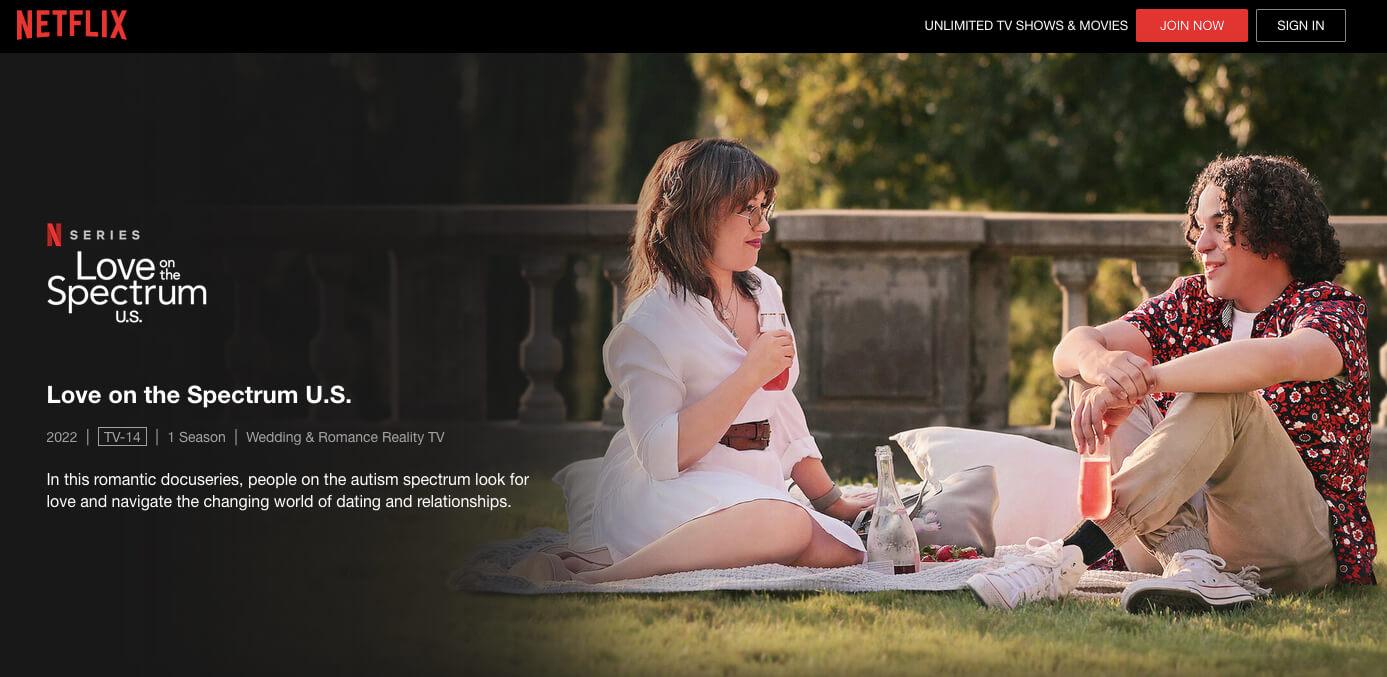
The expo encourages families to bring kids where there will be play stations, drawing and coloring, games, and work with Legos.
“It will be a family-oriented event, most for adults, but we want parents to bring their children to experience virtual reality, appreciate the exhibitors’ services, and there will be quiet rooms if the child needs to go somewhere and have a safe environment.”
“We ask ourselves why did God give us a child with special needs. My daughter is a gift and the fact she has special needs gives me a purpose. We form a bond and then the joy we get – the smallest accomplishments makes it worth it.”
For more information, see the website at https://www.eventbrite.com/e/nyc-autism-tech-innovation-career-expo-tickets-264306657327
